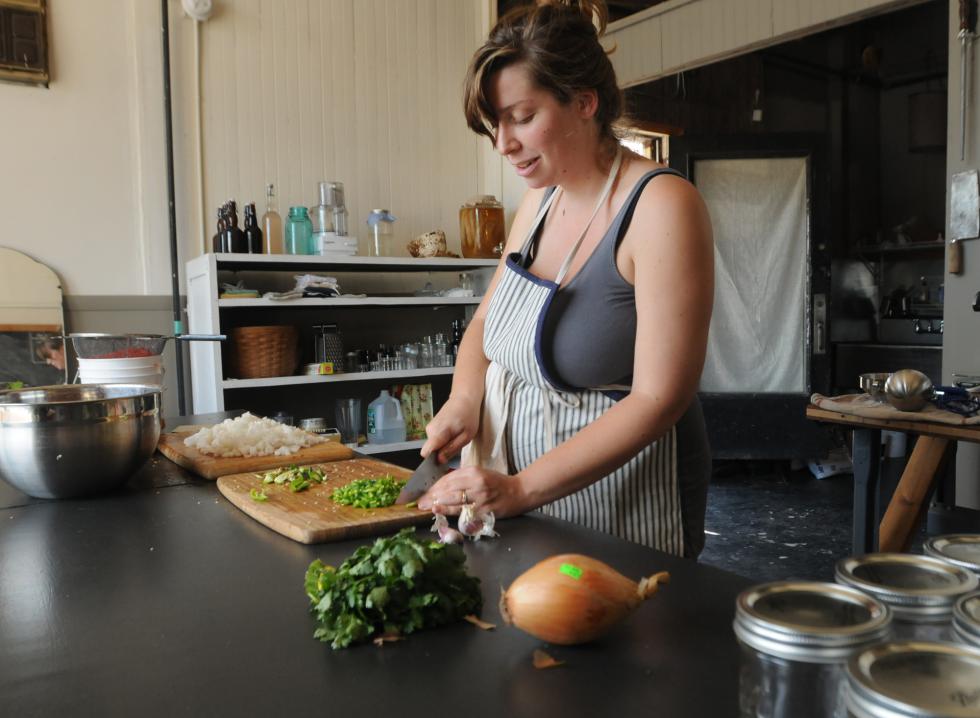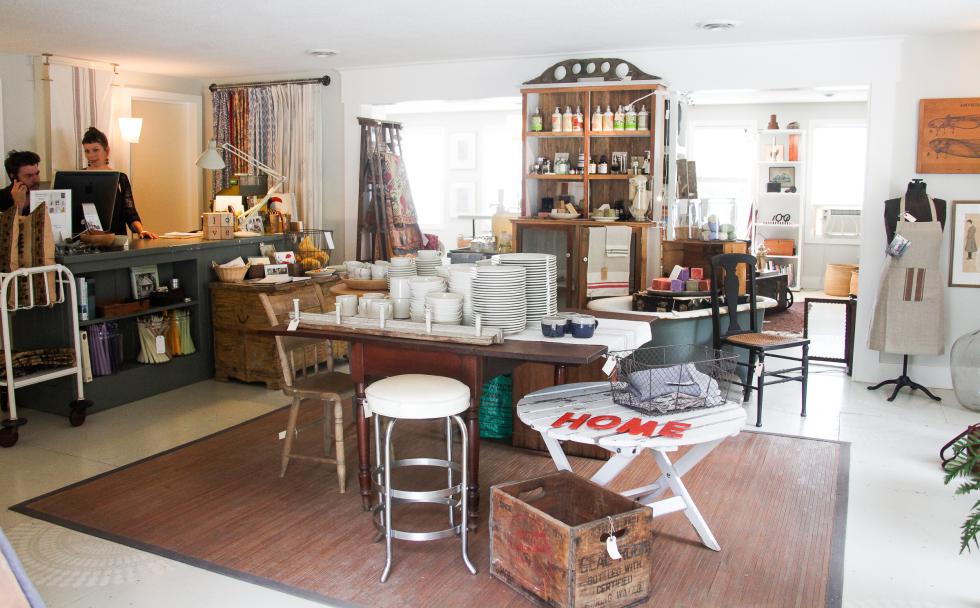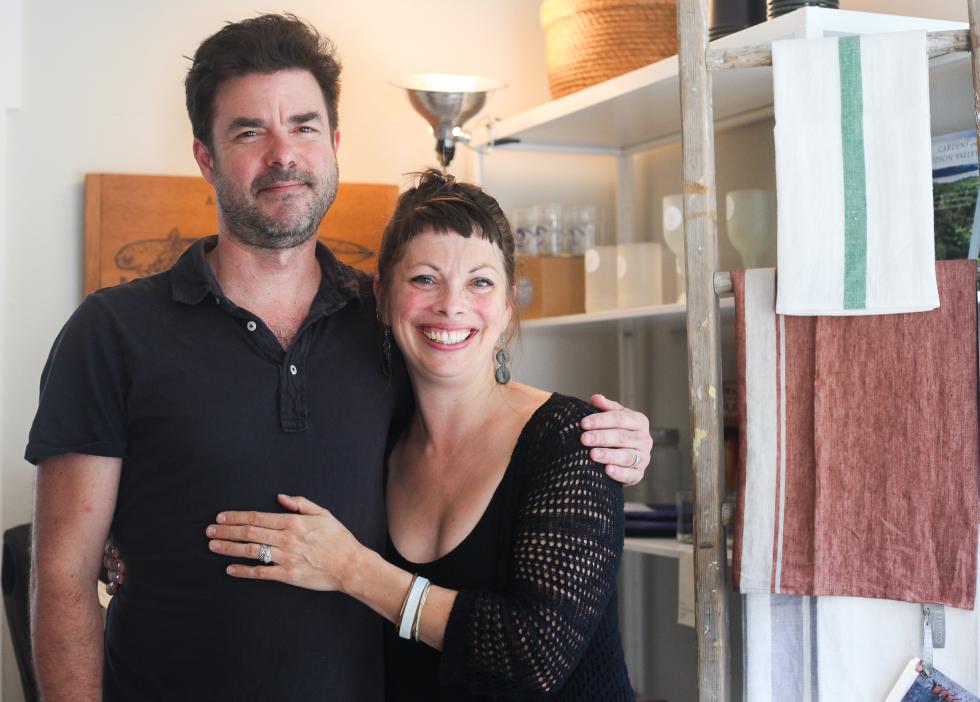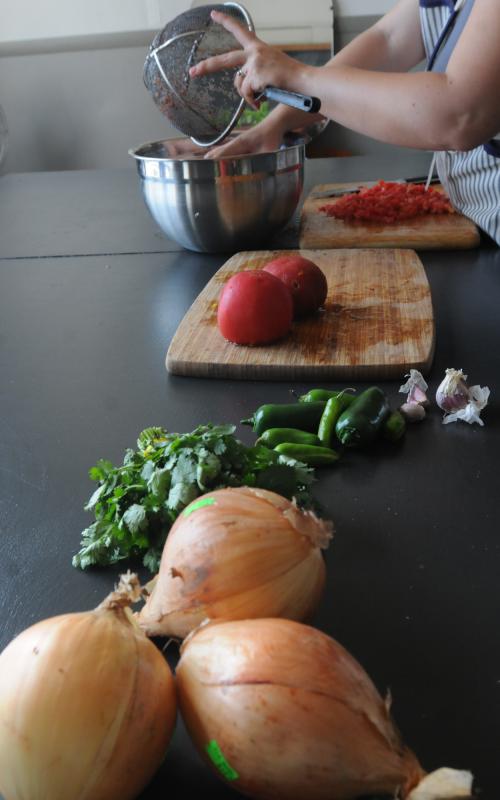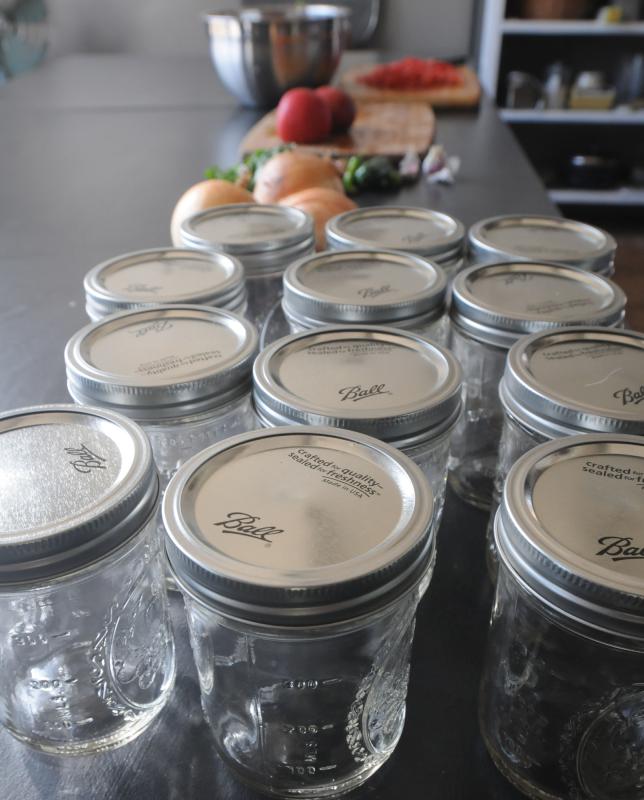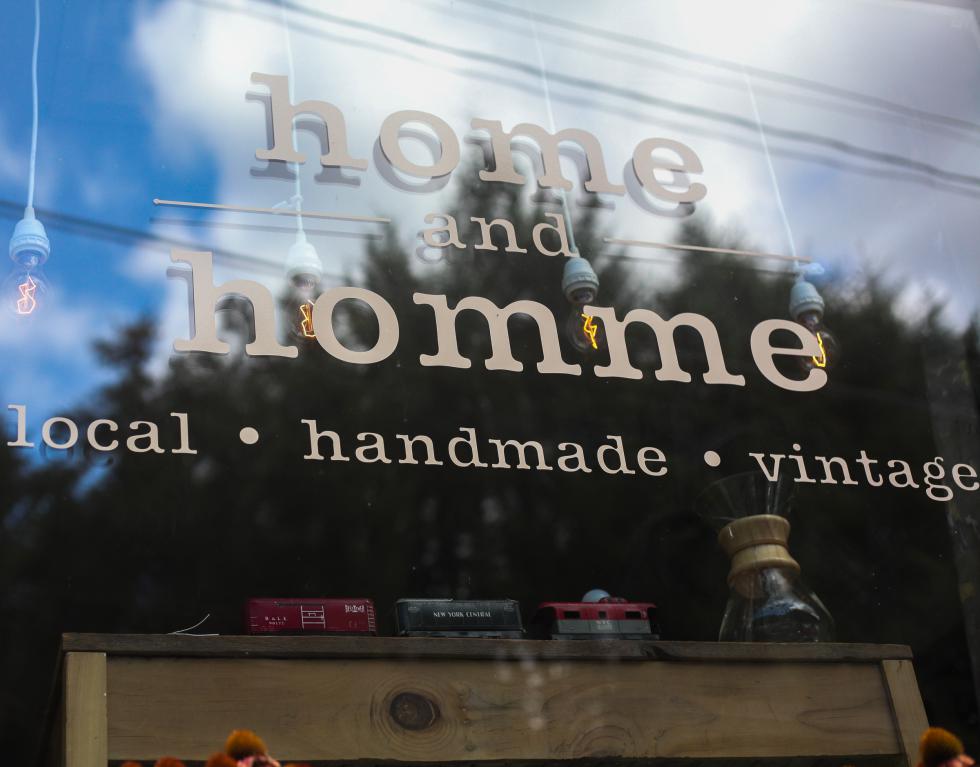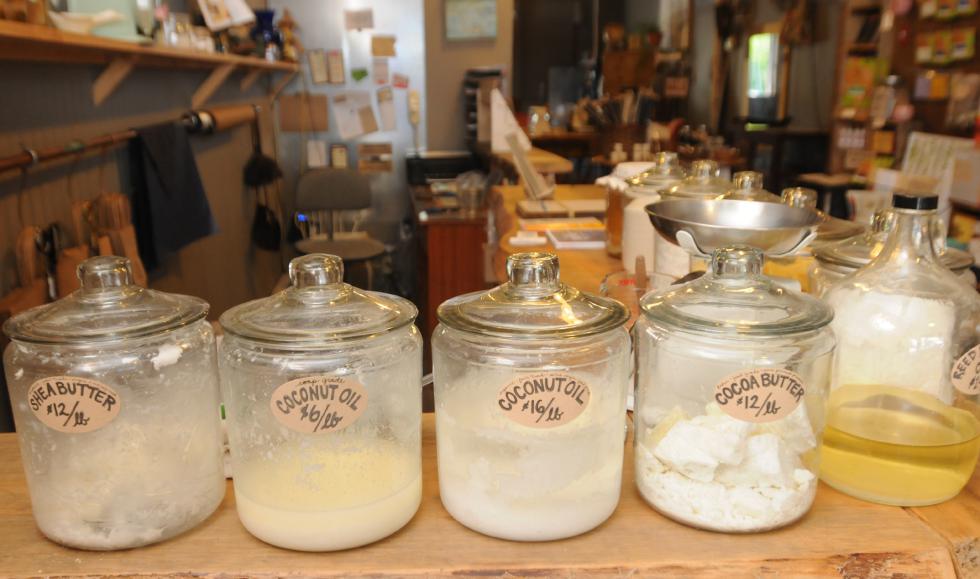Multi-tasking kills.
This isn’t an excuse of the lazy — researchers are finding more and more that over-working yourself is a fast lane pass to the grave.
According to a new study of 600,000 people in Australia, the U.S., and Europe — published August 19 in U.K. medical journal the Lancet — those working 55 hours per week or more have a 33 percent greater risk of stroke and a 13 percent greater risk of coronary heart disease. And not only is working too much bad for your health, it makes you unhappy, which only compounds the health issues. One 2012 study published in Plos One shows those working 11-plus hours a day are twice as likely to suffer from a major depressive episode. Tack on some strained relationships, accelerated aging, and increased risk of diabetes and we work-obsessed Americans have ourselves a recipe for disaster.
To push back against society’s fast pace, some people are making changes that value peace of mind over industry.
It’s called the slow-living movement. According to Orly Munzing, executive director of Strolling of the Heifers, about 400 people attended this year’s Slow Living Summit in Brattleboro in June. The slow living gospel doesn’t necessarily mean you have to live slow-paced lives, but it professes that you should at least pause a moment to think about your decisions and their impacts on personal, social, and environmental wellness.
“I’ve been a mainstream middle class guy for a long time, but that life didn’t match up with what I knew to be possible for a better world,” says Jonathan Bates, 41, of Holyoke. Bates worked a series of nine-to-five jobs until about six years ago when he decided to give it up for the simple life. Bates — a self-professed plant nerd with a degree in social ecology — was seeking a way of life that let him step outside of a culture he saw was using up too many resources. He started reading up on permacutlure and decided to dedicate his working hours to that. On a tenth of an acre in his backyard — space Bates and his family share with his neighbors — Bates, wife Megan Barber, and friend/neighbor Eric Toensmeier now grow enough food to account for 20 percent of the two families’ (six people) caloric intake. They call it Paradise Lot.
Planting the lavish, layered gardens wound up turning into separate businesses for Bates and Toensmeier. Bates’ business, Food Forest Farm, profits from plants and life coaching. It’s Bates’ family only source of income.
Bates and his wife tossed out the traditional calendar and broke up their weeks into 28 chunks of time, or four, seven-hour chunks per day — work and income, mental health and self-care, personal time, and family time. Bates says he shares breakfast, lunch, and dinner with his wife and three-year-old son, Jesse.
“I’m able to focus more on practicing self care, eating well,” says Bates. “What’s ecological, ethical, and supports my community and my family — it’s about holistic thinking.”
People in the slow living community give up profits, fast-lane luxuries, and comforts in the name of their greater communites, both present and future.
The business of slow living
In spring 2014, Melody Figge opened the Haberdashery in Easthampton with her husband, Chris, who also bakes at the Hungry Ghost in Northampton. The business is geared toward helping people be more self-sufficient through education and conscientious shopping. Walking into their Union Street shop, you can purchase tools for making your own soap, random corks, bottles, and a number of other oddball items you never knew you needed in order to make what you need. The aroma of the brewed tomatoes wafting from the back kitchen and floral oils on the retail shelves lends a comforting atmosphere to the space.
The Haberdashery offers two to four classes a week, including instruction on sewing repair, make-your-own body products and candles, and even how to slaughter chickens. Their shop is long and narrow with retail space in the front and a back classroom that doubles as a makeshift kitchen. Many of the skills taught at the Haberdashery Melody Figge learned when she was young, she says. Her mother taught her how to sew at a young age and she regularly attended Camp Rowe out in the Berkshires.
While we chat in the back classroom, Figge, 28, turns excess tomatoes into salsa and readies the cans. Between the impending autumn and the coming of her first child, due September 14, this is a time of transition for Figge. Greens grow in the window box and kombucha ferments on a high countertop.
“There’s a lot of joy and satisfaction in making the things you need instead of buying them,” says Figge.
Mary Moore Cathcart, who owns and operates Home and Homme in Amherst, says slow living manifests for her in the way she stocks her shelves. She thinks about the impacts the products she sells will have on people and the environment.
“I’m not thinking about what will be a best seller,” says Cathcart. “I’m thinking, how do I find products I really, really love or I really, really like the person who makes them — they’re doing great things in the world — or that others will see the beauty in these products.”
Cathcart says she may not make the money she’d earn if she were focused on the bottom line, but the smaller revenue stream is balanced out by the joy she gets from having the kind of shop she wants.
“I don’t make a lot of money but it’s enough,” she says. “I get to design what I want my life to be like and I feel like that’s an enormous gift to have.”
Julie Lineberger says people have difficulty understanding how she reconciles herself as a business person and as a proponent of slow living. Lineberger 57, of Wilmington, Vermont, directed her region’s chamber of commerce before serving as the board chair of the Vermont Business for Social Responsibility. While serving on the board she started attending the slow living summits and says the two groups were perfectly aligned in their purpose. She now volunteers for Green America, all on top of running her own architectural practice.
“They’ll say, ‘Oh you directed the chamber of commerce, you’ve done this, you’ve done that. How can you be for slow living?’” says Lineberger. “And I’ll say, yes. And I want my grandchildren to be able to do the same.”
“So much of our current food system is based on a bottom line for-profit evaluation, but if we want this planet to survive and feed our great grandchildren, we need to look at the environments that are impacted by our food production,” says Lineberger. “The collapse of bee colonies, contaminated agricultural soils, disease in meat production — we really need to look at the whole picture, not just our financial picture. We need to make our decisions not just on economics and current comforts but how do we as humankind make sure we’re all cared for and that the earth that sustains us is cared for.”
Designing a lifestyle
For others, like Linda McInerny, slow living manifests primarily as a cerebral, mental movement.
Before McInerny, 56, moved to Western Mass and began to slow things down, she worked as an actress in New York City. “I wasn’t anorexic. I was starving myself to death,” says McInerny, remembering how she looked in the mirror and didn’t like what her cut-throat environment had turned her into. Her husband had been asking her to move to Western Massachusetts with him. “I believe it was that night or maybe a couple nights later when a cockroach ran across my face in the night. I turned to my husband and said, ‘Okay, let’s move to Western Mass.’”
Once McInerny, who has now taught drama at Eaglebrook School in Deerfield for 18 years, got settled into her new life in the Pioneer Valley, she says everything began falling into place. She began a meditation practice and a ritual of expressing gratitude each morning before getting out of bed. Taking time to stare at a rock with your bare feet in the earth, she says, calms the mind and lowers heart rate. McInerny concedes her entire life is by no means slow-paced, but slow living has taught her that she’s more productive with a clear head and a sense of peace.
“Meditation and mindfulness make us more productive and healthy,” she says.
Jerelyn Wilson, 60, of Dummerston, Vermont, says she has always run her life in keeping with slow living philosophies, though she didn’t know to call it that until a few years ago. Wilson says she knows herself and knows she works best when she’s not juggling too many things at once.
“I find that when I’m doing too many things at once or when I’m rushing, I’m not paying attention to what I’m doing,” Wilson says. “I’m on automatic and when I’m on automatic I’m not really experiencing my life. I can do a bunch of things, I can multi-task, but how I feel is not the same feeling of satisfaction.”
For Wilson, it has always come down to ensuring she’s eating well, getting enough sleep, and making time for exercise. The rest, she says, falls into place.
“Just focusing on those three things slows my life down,” says Wilson.•
Contact Amanda Drane at adrane@valleyadvocate.com.

